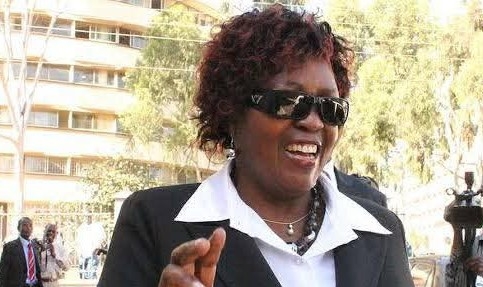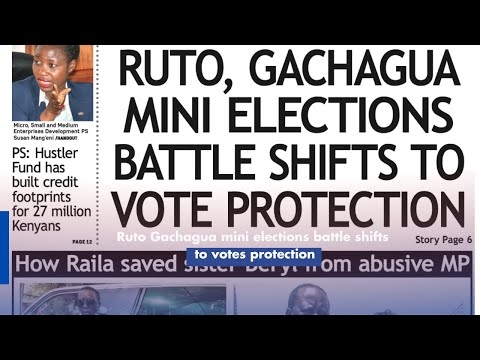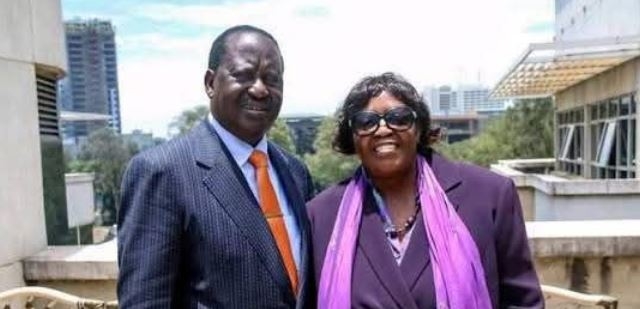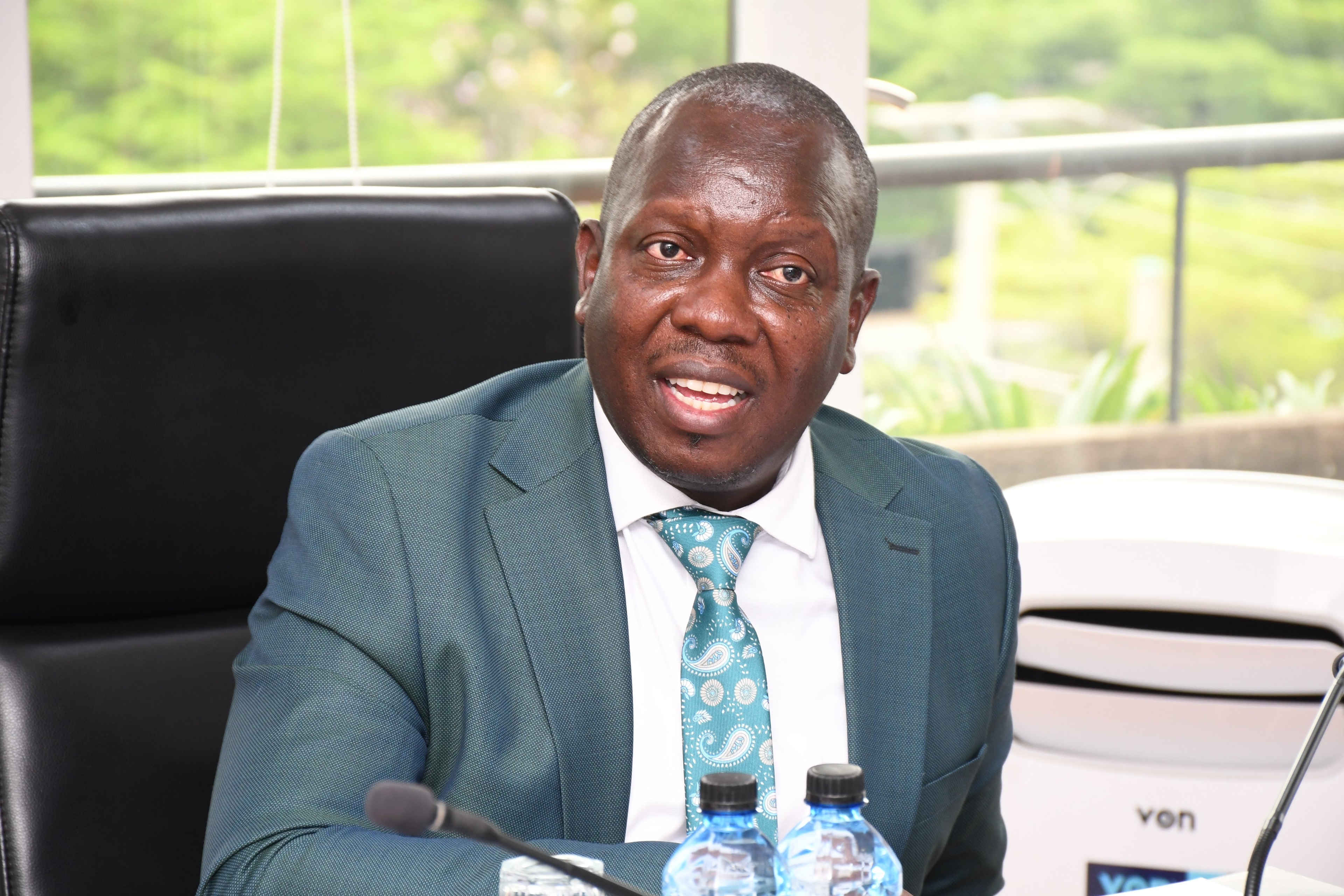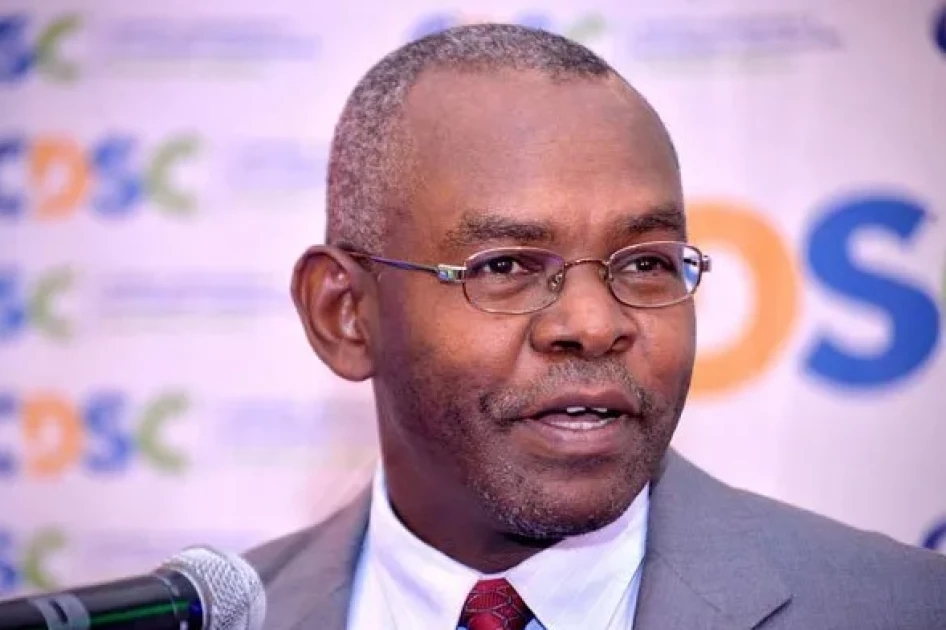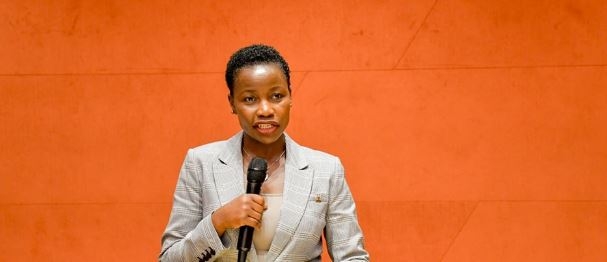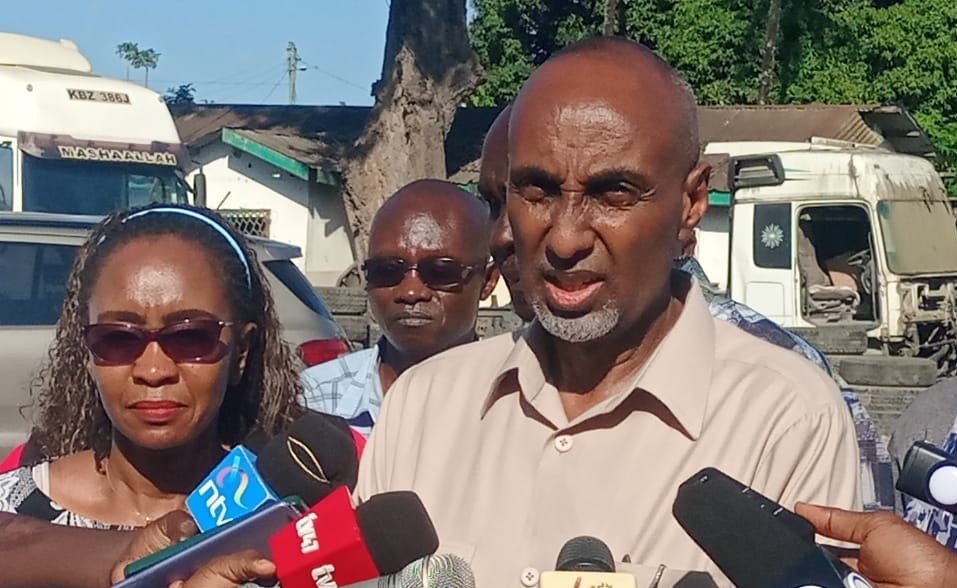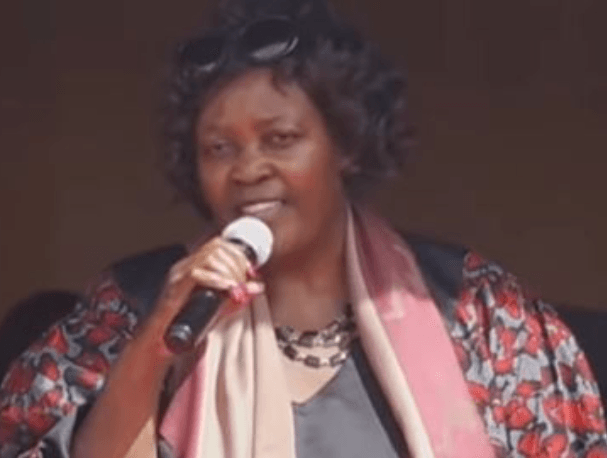Life is a funny old thing. One day you are a lively young thing getting cat calls as you cross the road (true story, it really happened to me in Nairobi, no less), and the very next day, or so it seems, you are being referred to as a “mubaba”.
Over the weekend, I had the singular honour of being invited as a panellist at the 12th edition of Kenya’s OUT Film Festival to discuss the topic: The Audacity of Queer Hope.
I wasn’t sure whether to be amused or aghast at the fact that I was introduced to the audience and seen by many of them as “a queer elder”. Nevertheless, because elders are still respected, in African societies, I accepted the term.
Even though my activist heyday has long since passed, I continue to campaign for change on a smaller scale whenever I get the chance, and being on the panel at this event made the last almost quarter century of involvement in the cause seem worthwhile.
Four of us activists from Angola, Tanzania and Kenya were asked to cast the bones, as it were, and imagine what a decriminalised, non-discriminatory and non-misogynistic continent of Africa would look like, and whether it was achievable or a pipe dream.
Hope is defined as “to want something to happen or be true”. Is hope really possible in an era where, in Uganda, the President signed a repressive anti-LGBT law in May, including the death penalty for "aggravated homosexuality", and decrees a 20-year sentence for "promoting" homosexuality.
All this despite the fact that same-sex relations were already illegal in Uganda and punishable with jail time.
Isn’t it hopeless to aspire to decriminalisation at a time when Homa Bay Town MP Peter Kaluma has prepared a copycat piece of legislation, the Family Protection Bill 2023, which could lead to 50-year prison sentences for same-sex acts and Sh2 million fines for “owners of premises used for same-sex relations”, basically landlords.
Is it not futile to expect that a leadership that given half a chance would love to establish a theocracy in Kenya and that has support from religious leaders who are hell-bent on attacking the rights of association of LGBTQ persons would ever even consider letting queer people just be?
A cynic would say that such aspirations are the equivalent of hoping against hope, but some of us who remember history and have witnessed even more audacious dreams come true would say don’t stop believing that change can and will come.
If at the height of political repression under the Kanu regime, people who were at that time labelled as dissidents, disgruntled elements and unpatriotic, could hope and work towards the end of such darkness, and see their dreams become reality, then surely, the seemingly crazy ambitions of the queer dreamers can also come to pass.
One of the facts that gave me hope as I joined the four other activists on the podium to talk to an audience of mainly young people that appeared to be aged between 18 and 27 was that, unlike my generation that was generally cautious and probably conservative when it came to activism, this next generation of queer Africans have no such qualms.
So there is hope for a better, brighter future and whatever happens, we will still be proud and we will still be here.
I was blown away by the films and documentaries on show from Kenya, Uganda, South Africa and Nigeria that were screened over the three days of the festival.
They told real stories about real people and showed how much more present the queer community is in the broader society than most people might even imagine.
Mingling with members of the audience after the screenings and panel discussion, I was amazed to discover there are well-established organisations teaching the art of drag, for instance, and others who work in rural areas with gender non-conforming people.
One of my hopes is that organisations such as the Drag school could one day be mainstream as much as other creative arts are, and that they wouldn't have to exist in the shadows and underground.




